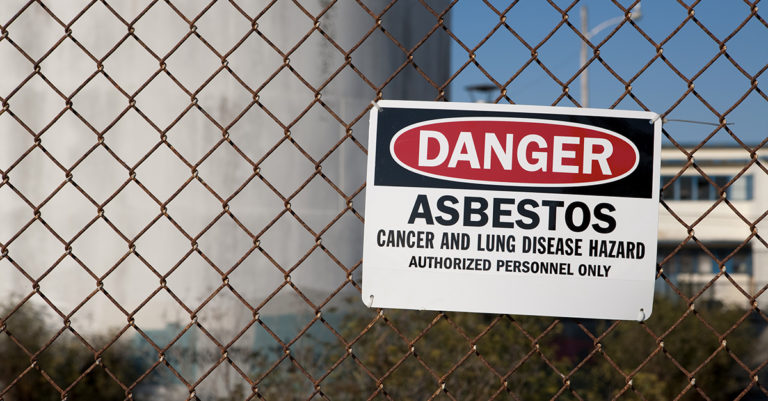Swiss pharmaceutical giant Roche has stopped further development of its new diabetes drug called aleglitazar. This decision could increase safety concerns for drugs similar to aleglitazar, including the controversial medication called Avandia.
The late-stage clinical trial of aleglitazar was discontinued because of “safety signals”. A spokesperson for Roche told the NY Times the clinical trial had linked the drug to an increase in fractures, kidney problems and heart failure among participants of the trial.
The study followed about 7,000 participants who were diabetes patients. Before beginning the trial, each participant reporting having a heart attack or the onset of worsening cardiac pain in previous years. The study, which began in 2010, was supposed to last until the beginning of 2015.
The primary purpose of aleglitazar was to treat cardiovascular risk factors like cholesterol and diabetes. Roche had been testing the drug to see not only if it could safely lower blood sugar levels, but also prevent heart attacks and strokes in patients with type 2 diabetes.
Successful results of the clinical trial would have been monumental. Currently, better control of blood sugar has not demonstrated a lowered risk of heart attack or stroke.
“I think it shows that the class of drugs has significant problems with toxicity, particular cardiovascular toxicity,” said Dr. Steven E. Nissen, chairman of cardiovascular medicine at the Cleveland Clinic and a leading critic of Avandia, in the NY Times article.
Avandia has also been linked to significant problems. The drug, first approved by the Food and Drug Administration (FDA) in 1999, has since been associated with an increased risk of heart attack among Avandia users. Two separate studies have also linked use of Avandia to increased risk of bone fractures in women as well as increased risk of liver failure.
Following the failure of aleglitazar, Roche announced that it would be reassess its role in cardiovascular and metabolic drugs. The company’s research operation has had little success with medications in this area. In 2011, Roche dropped a diabetes drug called taspoglutide because of its harmful side effects.




